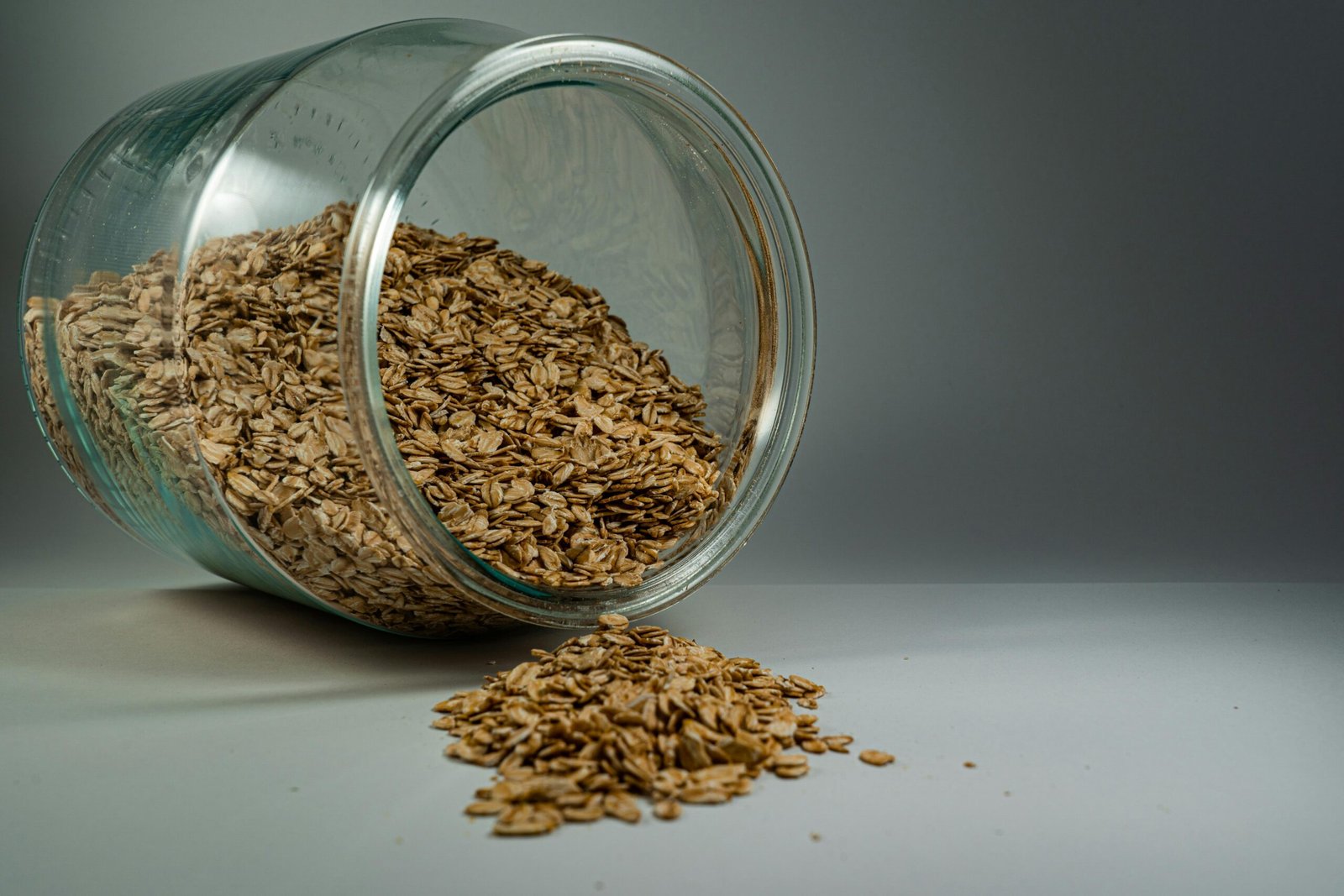All-Meat Magic: Unlocking the Surprising Benefits of the Carnivore Diet
The carnivore diet, which consists solely of animal products, has gained popularity for its simplicity and potential health benefits. However, it also comes with its share of controversies and risks. This article will explore the pros and cons of the carnivore diet, its benefits, side effects, and who should avoid it, providing a comprehensive guide to help you make an informed decision.
What is the Carnivore Diet?
The carnivore diet is a restrictive eating plan that involves consuming only animal-based foods such as meat, fish, eggs, and limited dairy. It eliminates all plant-based foods, including fruits, vegetables, grains, and legumes. Advocates of the diet claim that it mimics the eating habits of our ancestors and can lead to various health benefits.
Benefits of the Carnivore Diet
1. Weight Loss
One of the most touted benefits of the carnivore diet is weight loss. By eliminating carbohydrates and focusing on protein and fat, the body enters a state of ketosis, which can help burn fat more efficiently.
2. Improved Insulin Sensitivity
The diet can improve insulin sensitivity, which is beneficial for managing blood sugar levels and reducing the risk of type 2 diabetes.
3. Enhanced Mental Clarity
Many followers of the carnivore diet report increased mental clarity and focus. This could be due to the stable blood sugar levels maintained by a low-carb, high-protein diet.
4. Reduced Inflammation
The carnivore diet may help reduce inflammation by eliminating plant toxins and antinutrients that can cause digestive issues and other health problems.
5. Simplified Dieting
With fewer food choices, meal planning becomes straightforward, which can make it easier to stick to the diet.
Potential Side Effects and Risks
1. Nutrient Deficiencies
One major concern with the carnivore diet is the risk of nutrient deficiencies, particularly in vitamins and minerals found in plant-based foods, such as vitamin C and fiber.
2. Digestive Issues
Reduced fiber intake can lead to constipation and other digestive issues. It’s important to stay hydrated and consider incorporating magnesium-rich foods to alleviate these problems.
3. Increased Cholesterol Levels
Some individuals may experience elevated cholesterol levels on the carnivore diet due to the high intake of saturated fats. Regular monitoring of cholesterol levels is essential.
4. Social and Practical Challenges
The restrictive nature of the diet can make social situations and dining out challenging. Planning ahead and communicating your dietary preferences can help mitigate these issues.
Who Should Avoid the Carnivore Diet?
The carnivore diet is not suitable for everyone. Individuals who should avoid this diet include:
- Children and Adolescents: Growing bodies need a variety of nutrients that the carnivore diet may lack.
- Pregnant or Lactating Women: Nutrient requirements are higher during pregnancy and lactation, and the diet may not provide all essential nutrients.
- People with Kidney Issues: High protein intake can strain the kidneys, making this diet unsuitable for those with kidney problems.
- Individuals with a History of Eating Disorders: The restrictive nature of the diet can trigger unhealthy eating behaviors.
Precautions and Tips
If you decide to try the carnivore diet, consider the following precautions:
- Consult a Healthcare Professional: Before starting any new diet, especially one as restrictive as the carnivore diet, consult with a healthcare provider or a registered dietitian.
- Monitor Your Health: Regularly check your blood pressure, cholesterol levels, and other health markers to ensure the diet is not adversely affecting your health.
- Gradual Transition: Ease into the diet gradually to allow your digestive system to adapt.
- Stay Hydrated: Drink plenty of water to help manage potential digestive issues.
For more tips on maintaining a balanced diet, check out our article on healthy diet plans.
Conclusion
In conclusion, the carnivore diet offers several potential benefits, including weight loss, improved insulin sensitivity, and reduced inflammation. However, it also comes with significant risks, such as nutrient deficiencies and digestive issues. It’s crucial to weigh the pros and cons and consult with a healthcare professional before making any drastic changes to your diet.

Disclaimer
This article is for informational purposes only and does not constitute medical advice. Always consult with a healthcare professional before starting any new diet or exercise program, especially if you have pre-existing health conditions.
Content Sources
- Doctor Kiltz
- Ancestral Supplements
- The Telegraph
- Chomps
- BBC Good Food














